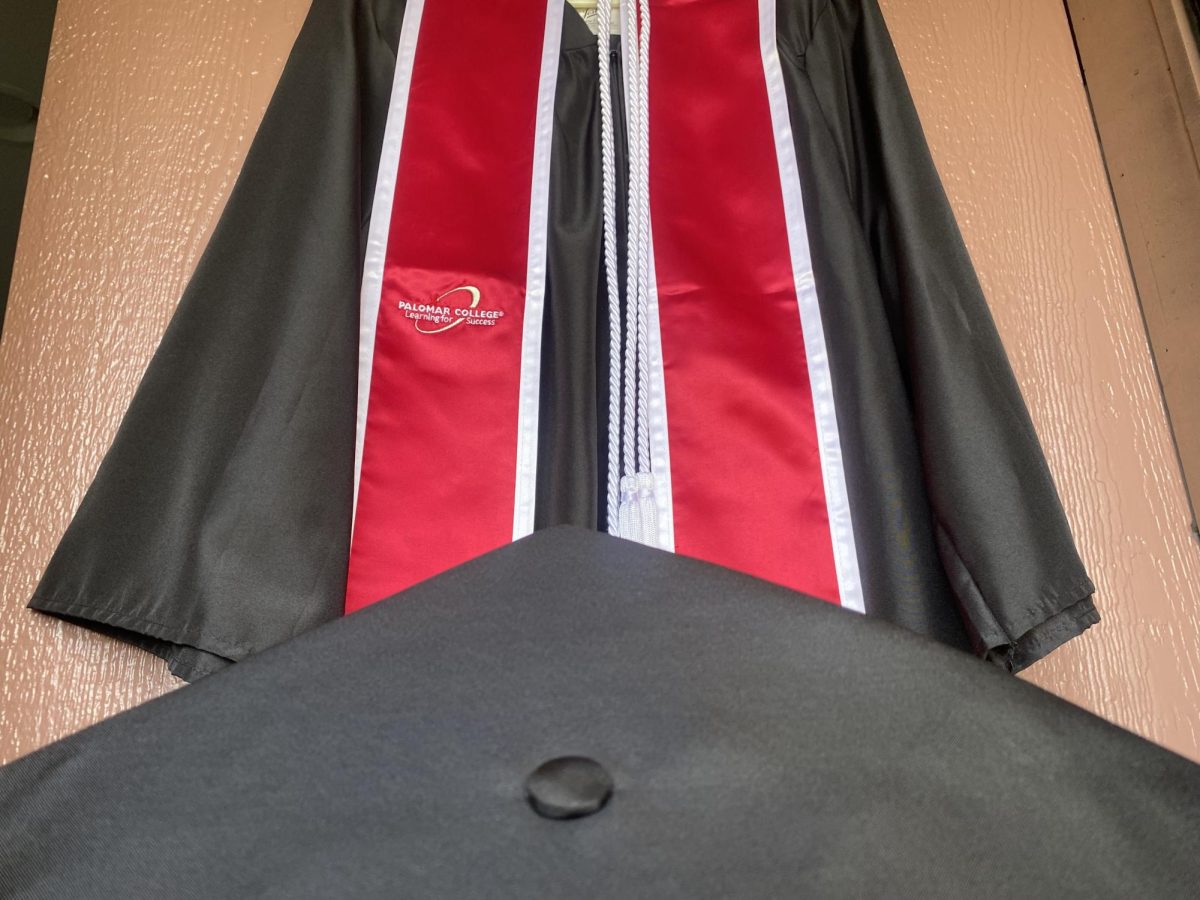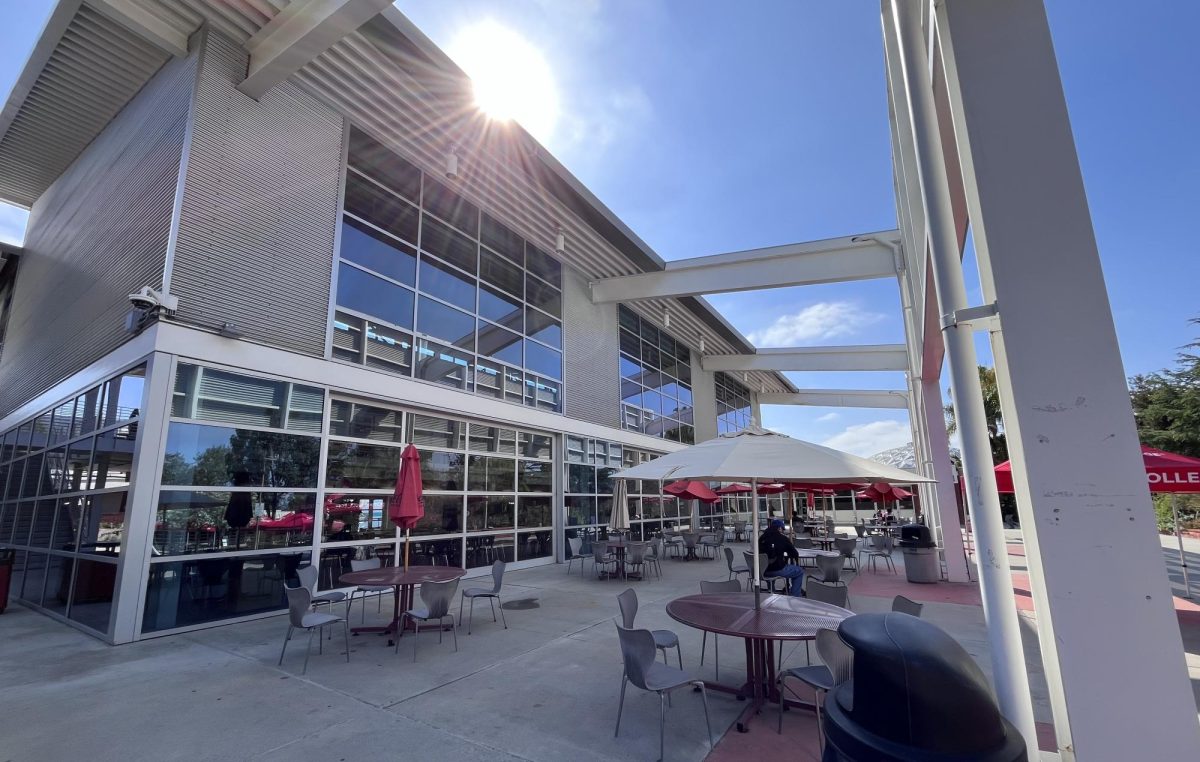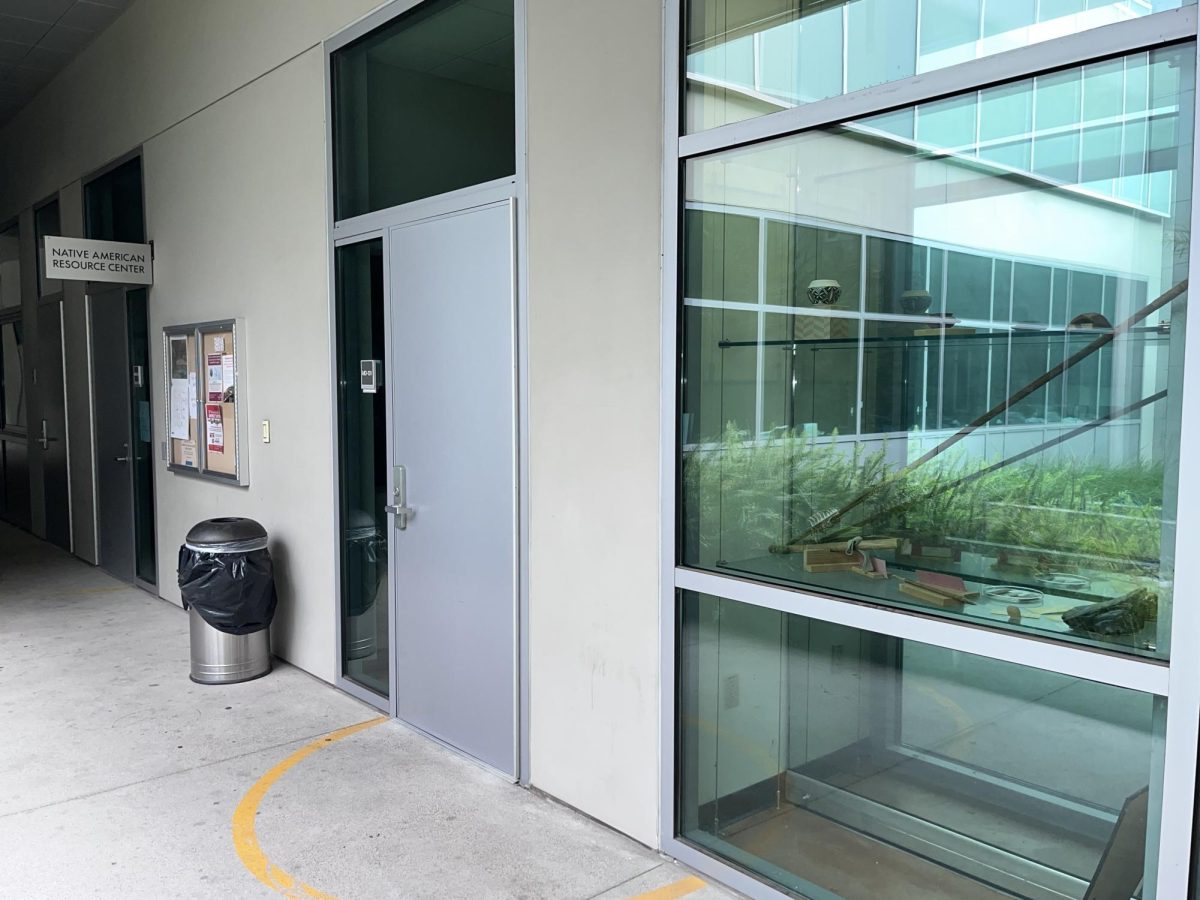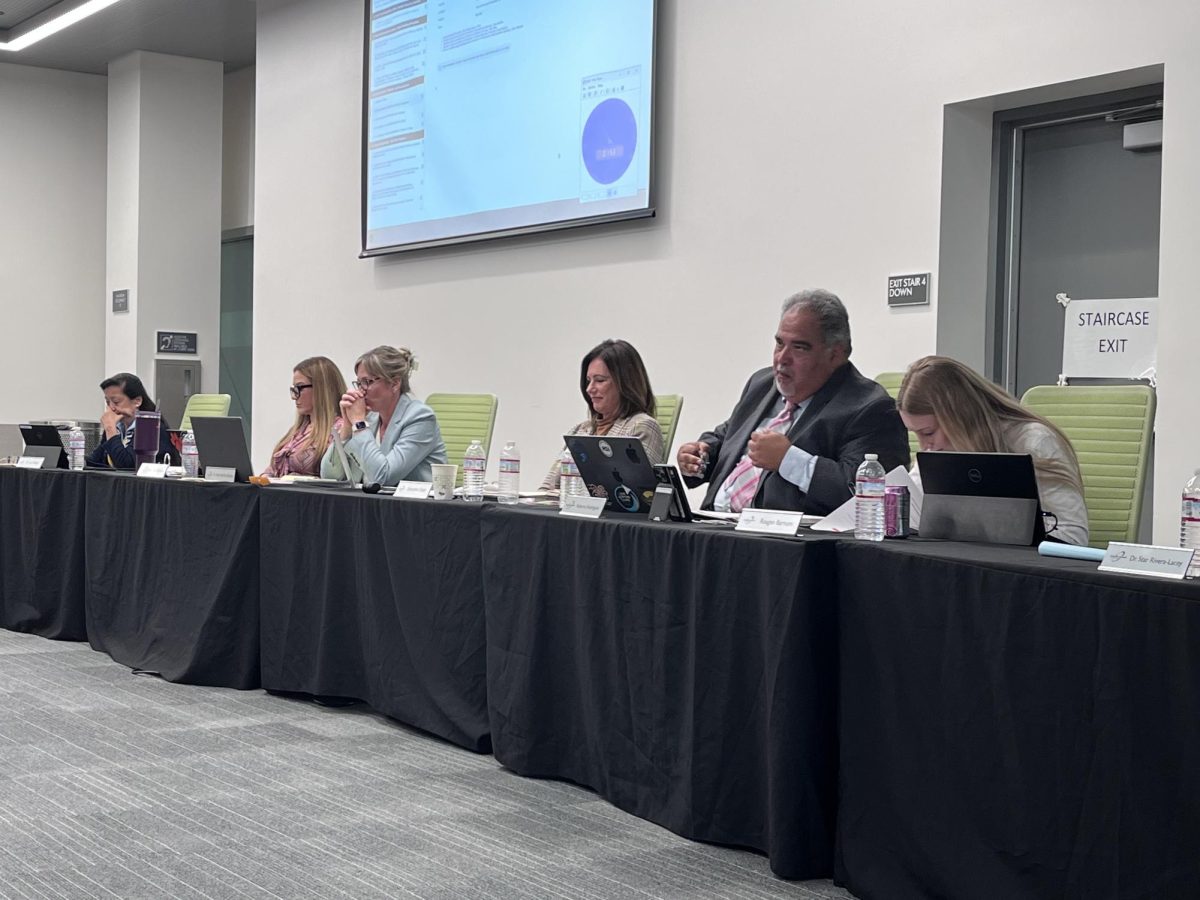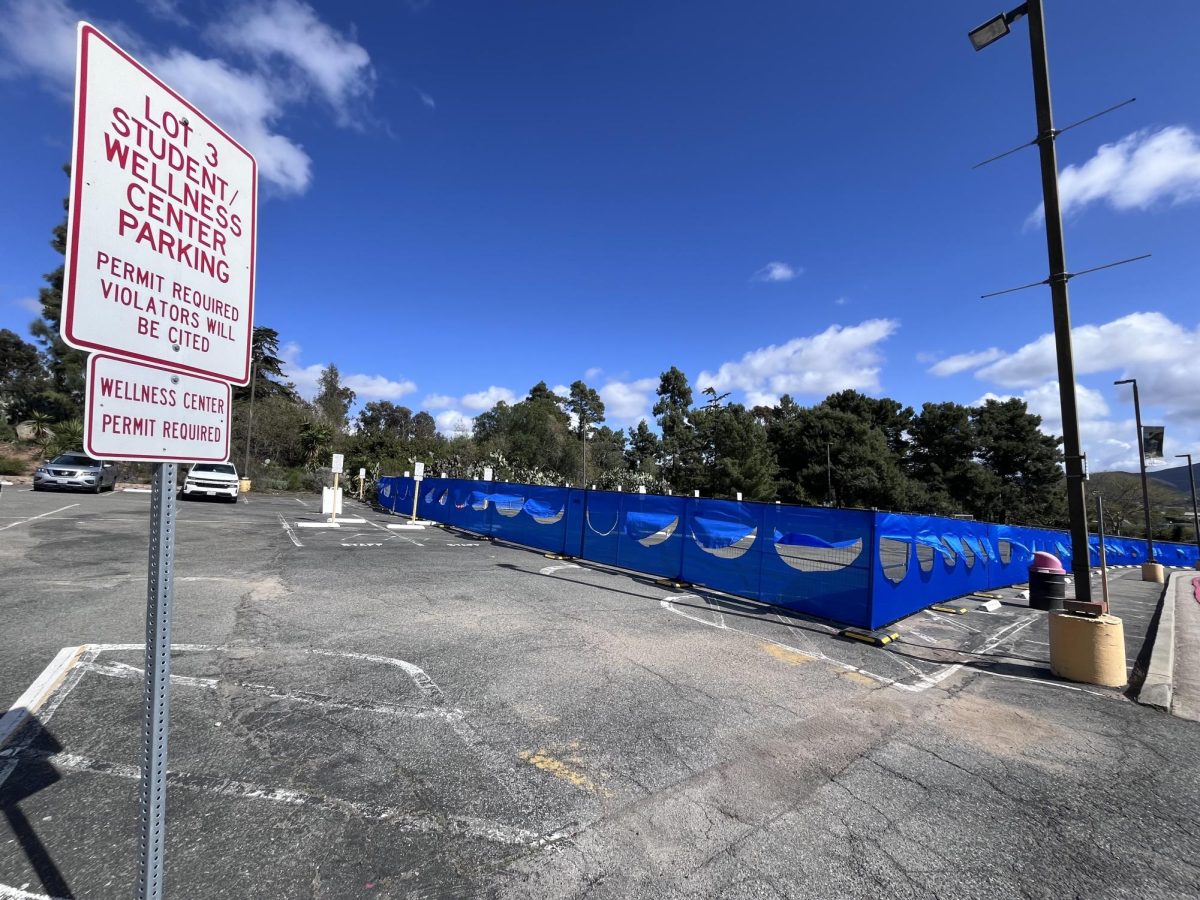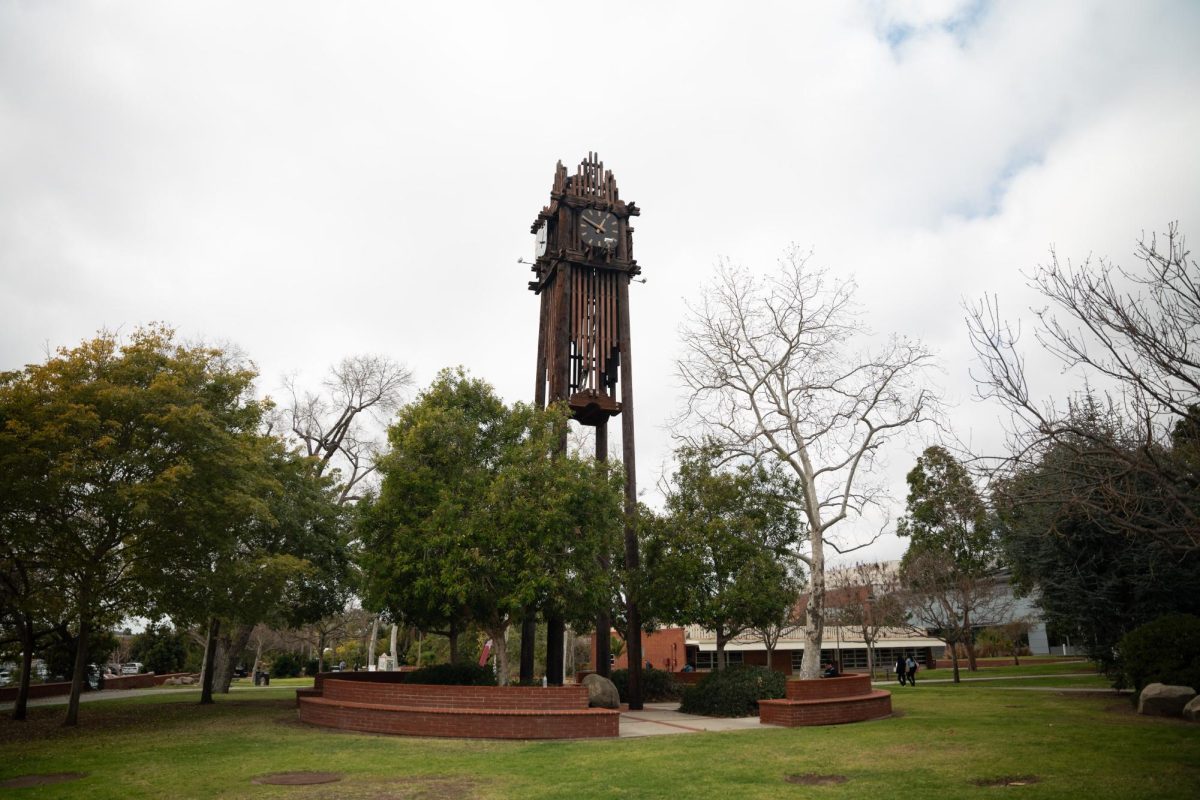Story by Katie Decker, Ashley Yellich and Parker Meister
SAN MARCOS—The state fiscal monitor in charge of watching Palomar College’s finances states that the college is improving, but still has some work to do.
Palomar has been working with fiscal monitor Ken Stoppenbrink after the college reported a $12 million deficit, and a Fiscal Crisis and Management Assistance (FMCAT) report showed that it was flirting with insolvency.
Stoppenbrink is a retired deputy of West Hills Community College District, located in Coalinga, Calif. He has been working as the fiscal monitor for Palomar. He keeps track of the school’s finances, assisting in its attempts to overcome the “long history of inadequate practices.”
Stoppenbrink releases monthly reports on the Palomar’s finances. In the report from Oct. 21, he writes that there are several ways the college can improve its budget.
1. NEGOTIATIONS
Stoppenbrink commended the college for saving money through renegotiating employee benefits, but additional work is needed for savings to the wages and benefits. Through negotiations, the District restructured the benefit plans and concluded with nearly $1 million in savings.
2. INTERNAL AUDIT & PROCESS EVALUATION
Improvements have been made to the fraud hotline, a system in place to help in cases of potential fraudulent cases and other concerns. He wrote that the college is doing a better job of sharing the budget process with employees, including regular Zoom meetings where employees can learn about the budget.
Palomar officials have added automated reporting tools and process planning to the school’s webpage. The refinement process for these new features is still in progress, but development is steady.
3. MANAGEMENT STRUCTURE
There have been structural changes made according to crises, such as the budget’s dedication to salaries and benefits.
While this work continues, we are likely to see more positions being vacated. Each position that is vacated is reviewed to determine the necessity of replacing it. You can read more about the difficulties in The Telescope’s May article here.
4. BUDGET DEVELOPMENT
Stoppenbrink’s report noted that Yulian Ligioso, Palomar’s Interim VP of Finance and Administrative Services, brought a balanced budget to the Palomar Governing Board this fall. But Stoppenbrink wrote that additional work is needed to keep ahead of deficit spending in the coming years.
The multi-year budget forecast through fiscal year 2024-25 shows that there is a cumulative amount of about $8 million that needs to be cut from expenses in order to keep the District from deficit spending.
Also, the District is running an extremely high ratio of 89 percent of wages/benefits to expenses that will not be sustainable. It needs to be closer to 84 percent to maintain fiscal stability.
5. ENROLLMENT MANAGEMENT
The Strategic Enrollment Management Plan has been established for fiscal year 2020-23. Its job is to plan courses to help students get the classes they need while ensuring courses are not under enrolled. Courses with empty seats cost the school money.
The committee is working on goals to that end that will go to another committee–the Strategic Planning Council–for approval in October.
6. DATA INTEGRITY
The report indicates that the school is doubling down on data security. SEM Data Warehouse, the collective store of data used to make financial decisions, is now secured with data integrity and protection. There are also reports that will be developed from this data to help guide the decision-making process for the District.
7. POSITION CONTROL
The planning for position control, a method of keeping track of job positions rather than employees, has been completed. The configuration design guide is planned to begin operations in June 2021. College officials hope to only fill crucial job positions and save money by leaving other open jobs vacant.
8. PROFESSIONAL DEVELOPMENT
During the Oct. 13 Governing Board meeting, Dr. Helen Benjamin, former chancellor for Contra Costa Community College, gave feedback to trustees on their interactions with each other, as well as information for the onboarding process that will begin the following month.
9. GOVERNING BOARD
Three new Board members will be brought on following the conclusion of November’s election period. Dr. Helen Benjamin will help with the appointment process and orientation of these new Board members.



